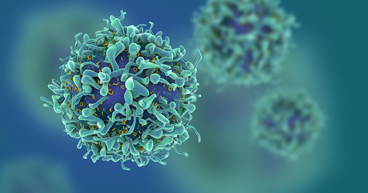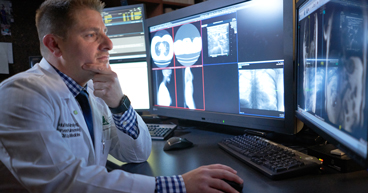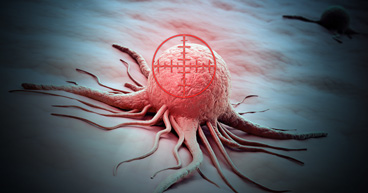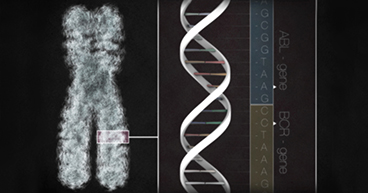


719 Posts

February 27, 2019
Studies conclude open surgery a better option for early cervical cancer than less invasive proceduresLearn why minimally invasive surgeries may not be a good option for patients with early-stage cervical cancer.

February 20, 2019
11 myths about cancer, debunkedThe internet is rife with misinformation about what does and doesn’t cause cancer, and how to treat the disease. We bust 11 of those myths.

February 13, 2019
Liver cancer: Why do more people have it, and what's helping fight the upward trend?Liver cancer incidence is on the rise. But lifestyle changes and new treatment options may help lower the risk.

February 7, 2019
7 things everyone should know about lung cancerLung cancer remains the deadliest form of the disease. But new tools are being developed for early screening. Learn what else everyone should know about lung cancer.

January 30, 2019
What's the difference: Adjuvant and neoadjuvant therapiesAdjuvant and neoadjuvant therapies are treatments like chemotherapy or hormone therapy that are delivered before or after the primary treatment, to help increase the treatment's chance of success and decrease the risk of recurrence.

January 23, 2019
Emerging drugs offer promise for advanced melanoma patients“If you had stage IV melanoma before 2011, the median survival was about a year or less. Modern-day immunotherapy using checkpoint inhibitors is offering positive responses for many patients.” – Alan Tan, MD, Clinical Research Medical Director at our hospital near Phoenix. Read more.

January 16, 2019
Thirdhand smoke: What is it and what are its risks?Inhaling nicotine and other toxic chemicals in cigarette smoke, either firsthand as a smoker or secondhand as a non-smoker, may cause illnesses like heart disease, stroke and lung cancer. What isn’t as clearly understood is the effect of so-called “thirdhand smoke.”

January 9, 2019
What is CRISPR? Gene editing tool holds promise for cancer treatment, but may be years offWhat if doctors could not only find cancer-related DNA mutations, but repair them at a genetic level? That’s the theory behind CRISPR, a breakthrough technology in genetics that has generated scores of news headlines and sparked a buzz among scientists and doctors.

December 26, 2018
What's the difference? Biosimilar and generic drugsBiosimilar drugs are often confused with generic drugs. Both are marketed as cheaper versions of costly name-brand drugs and are designed to have the same clinical effect as their pricier counterparts. But biosimilar drugs and generic drugs are very different.
Guidelines
The information contained in this blog is not intended nor implied to be a substitute for professional medical advice. Always seek the advice of your physician or other qualified health provider prior to starting any new treatment or with any questions you may have regarding a medical condition. Nothing contained in the blog is intended to be used for medical diagnosis or treatment of any illness, condition or disease.